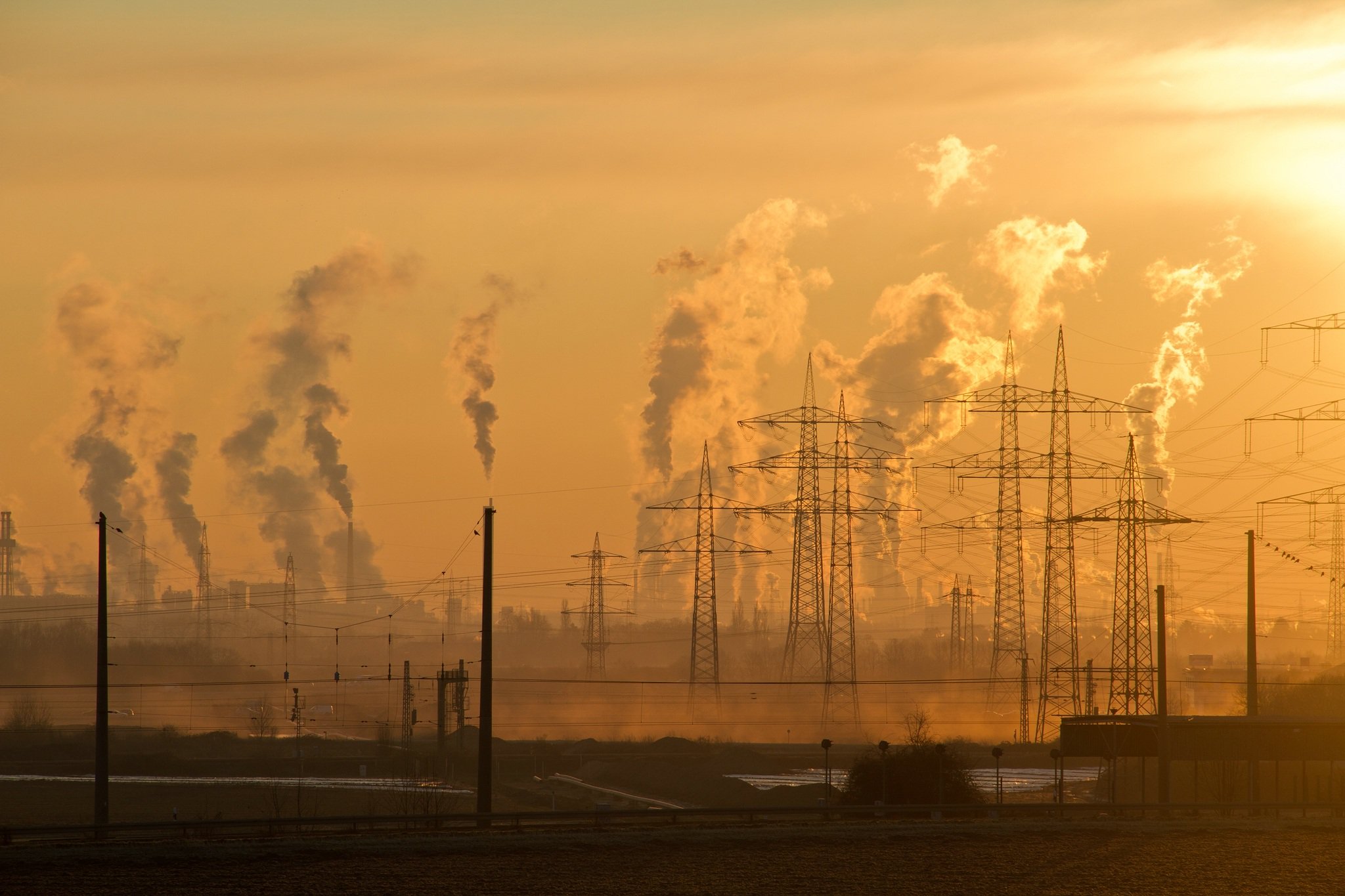In closing President Joe Biden’s global climate summit, world leaders shared stories of their own nations’ drives to break away from climate-wrecking fossil fuels
WASHINGTON — World leaders shared tales of climate-friendly breakthroughs — and feverish quests for more — to close President Joe Biden’s virtual global climate summit on Friday, from Kenyans abandoning kerosene lanterns for solar to Israeli start-ups straining for more efficient storage batteries.
It was an exhortational end to an unusual pandemic-era summit hosted from a specially created TV-style set in the White House East Room. Biden’s two-day gathering briefly united the heads of global rivals America, China and Russia — on screens, anyway — long enough to pledge cooperation on climate. It also saw the U.S. and a half-dozen allies commit to significant new efforts and financing to reduce climate-damaging emissions.
Friday’s closing message: Go forth and spend, making good on pledges for rapid transitions to cleaner vehicles, power grids and buildings to stave off the worst of global warming.
“The commitments we’ve made must become real,” declared Biden, who is seeking $2.3 trillion from Congress for legislation that would partly go for electric charging stations, for laying out an efficient new national electrical grid and for capping abandoned oil and gas rigs and coal mines. “Commitment without doing anything is a lot of hot air, no pun intended.”
“We’re gonna do this together,” Biden said, speaking live to a final Zoom-style screen of leaders of national governments, unions and business executives around the world.
His closing message echoed the sentiments of Kenyan President Uhuru Muigai Kenyatta, who told the summit: “We cannot win this fight against climate change unless we go globally to fight it together.”
Compared to the United States and other wealthy but carbon-addicted nations, Kenya stands out as a poorer country closing the technology gap despite limited financial resources. It has become a leading user and producer of geothermal and wind power. Small solar panels that charge lights and mobile phones have become cheap enough for some poor households to replace their kerosene lanterns. Opposition has stalled work on what would be its first dirtier-burning coal-fired power plant.
Prime Minister Benjamin Netanyahu, meanwhile, described scientists at hundreds of Israeli start-ups working to improve crucial battery storage for solar, wind and other renewable energy.
Prime Minister Mette Frederiksen of Denmark renewed her country’s pledge to end oil and gas exploration in the North Sea, switching from offshore oil and gas rigs to wind farms.
Biden convened the summit showcasing the United States’ own high-profile return to international climate efforts after President Donald Trump’s withdrawal. Biden used the summit to announce he intended to cut U.S. coal and petroleum emissions in half by 2030, nearly doubling the previous target.
Publicly, there had been no firm word up until this week that Presidents Xi Jinping of China and Vladimir Putin of Russia would accept Biden’s summit invite, given disputes with the U.S. over nonclimate issues.
But they did, despite concerns that international isolation and domestic political conflict under Trump had weakened the United States.
“Nations still want to come to the party that the U.S. throws,” said Alice Hill, a senior fellow for energy and environment at the Council on Foreign Relations.
Xi, whose country is the world’s No. 1 climate polluter, held out the possibility in his summit speech of moving faster to slow China’s building of new coal-fired power plants.
He pledged to “strictly control coal power,” which sends a strong domestic message to Chinese provincial officials on future coal projects, said Yan Qin, a carbon analyst with the Refinitiv Carbon group.
South Korea’s announcement at the summit that it would stop funding new coal-fired power plants abroad increased pressure on China and Japan, which still do, analysts said.
Friday also featured billionaires Bill Gates and Mike Bloomberg, steelworker and electrical union leaders and executives for solar and other renewable energy.
“We can’t beat climate change without a historic amount of new investment,” said Bloomberg, who has spent heavily to promote replacing coal-fired power plants with increasingly cheaper renewable energy.
Read more: abcNEWS




